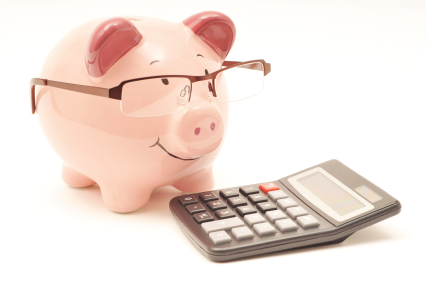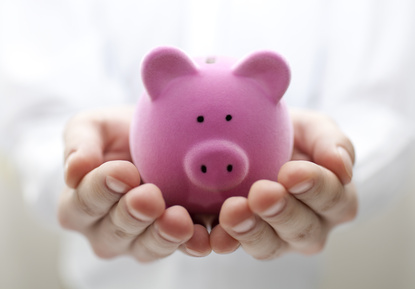The mantra to good finances is simply “spend less than you earn.” You want to increase the gap between income and expenses, obviously. The more you have left at the end of the month, the more you can save. How else are you going to get rich, right?
So how do we do this? You can earn more, or spend less, or both. Spending less is the simplest and gives you immediate results, so let’s take a look at some ideas.
Spending less sounds like missing out on fun stuff, or denying yourself pleasure, but that’s not true. The trick is to get rid of those expenses that don’t have any value to you. You can cut a lot of expenses without noticing, or even while feeling better than before.
Here are some ideas. Pick any you like, skip any you don’t like. Check back in a year to see if you’re ready for more.
Replace all light bulbs with LED. They use almost 90% less power, and modern LED light has excellent quality. Don’t wait until the old bulbs burn out; replacing them sooner is cheaper! You save more in energy costs than you would have earned in interest on the money used on the new bulbs.
Replace old equipment like fridges that draw power all day long. New units use much less energy and work better. If your fridge is really old, the new one will pay for itself reasonably fast. Calculate your potential savings before you buy, so you’ll know if it’s smart.
Check for air leaks around windows and doors, and fix them. In the winter, leaks raise your heating costs. If you have air conditioning, leaks also cost you money in the summer!
Consider running the heater one or two degrees colder in the winter, and the A/C one or two degrees warmer in the summer. Turn them off in rooms you don’t use. These are small changes that save a lot of energy.
Check your car’s tire pressure. Make sure that at least the indicated pressure is there. Soft tires absorb rolling energy and can cost you several percent fuel efficiency! It also wears down the tires faster.
Remove stuff from your car that you don’t need. Driving around with extra weight also burns fuel. Clean out your trunk, and remove the cargo rack from the roof.
While you’re checking your car, also check fluids: cooling water, motor oil, and so on. Poor maintenance leads to expensive repairs later on. That’s easy to avoid just by checking every once in a while.
Keep track of your car’s fuel efficiency. Not what the brochure said, but what you actually get. Save a handful of gas station receipts, and make a note of the total mileage on each. After a while, calculate how far you drove and divide that by the amount of fuel used. Is it reasonable? If not then either change your driving style, or the car.
Drive with foresight. Accelerate with moderation. Coast more. Less sporty and more mellow. Use cruise control whenever traffic allows. Obey speed limits. Yes it sounds boring but en the plus side, these things together can easily save 20% of your fuel!
Go through your monthly bills and payments, especially your subscriptions. Do you need all those magazines? Online subscriptions and apps? Is there a smaller cell phone plan you could use? Fewer channels on cable TV? Are you really using your sports membership? Did someone sell you more insurance than you need? Can you negotiate better rates? Does the bill exceed your subjective value of it? This can bring you enormous savings. Cutting just 40€/$ per month saves you a whopping 480 every year! Don’t forget to look at quarterly and yearly payments, they’re usually significant, too.
Finally, for every dollar (or Euro or…) you save, think not what you can go buy instead, at least not directly. Think instead what it gave you for free. You don’t save money by spending it on something else – you save by not spending money just because you have it! Let’s say you just saved $40 this month by driving with more care. Don’t begin dreaming about what you’ll use that on – instead, smile that your careful driving paid your phone bill. Put the unused money into savings, or mortgage, or consumer debt. Give the money to your future self. Next month, you’ll thank your past self for this.

I love this! Nice post Torben!